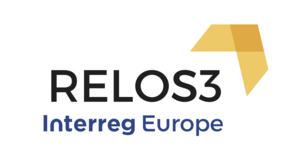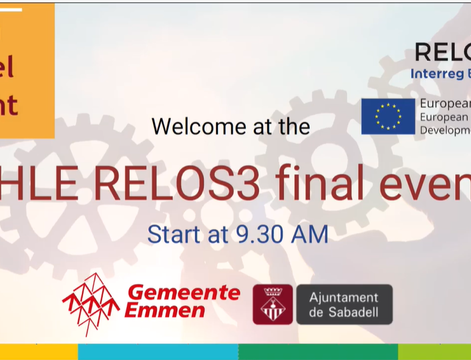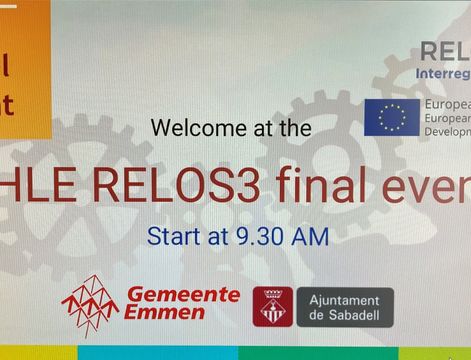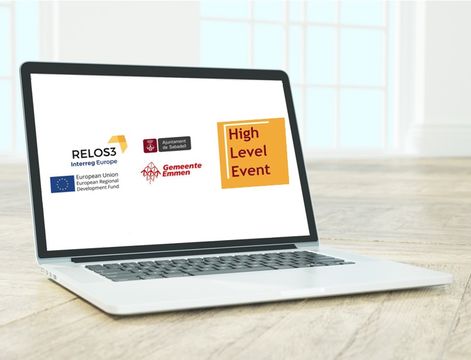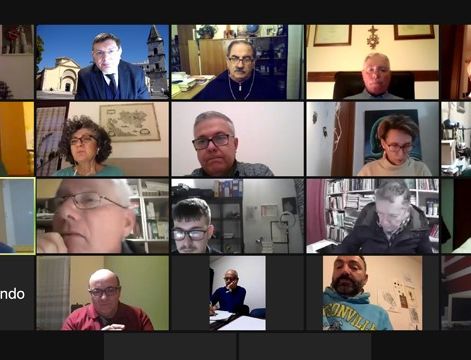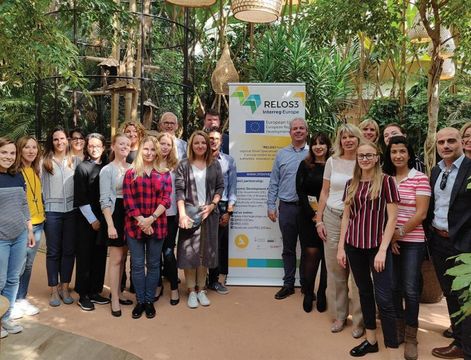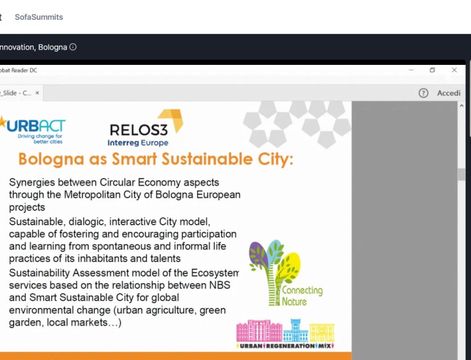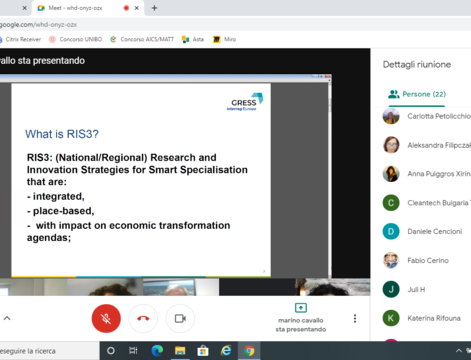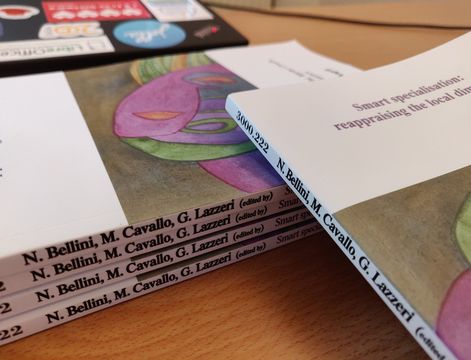Great new insights were gained on 17 January at the first Peer eXchange and Learning (PXL) Workshop organised by the S3 Platform.
PXL as a methodology is new, and it is expected to be the instrument of choice for evaluation and development of RIS3 strategies of Smart Specialization, also in the next EU programming period (2021-2027). In short, it focuses on experiences and challenges associated to the design and implementation of effective policy instruments for the research and innovation priority areas identified in RIS3.
This workshop explored particularly how policy instruments are addressing the research and innovation priority areas laid out in the respective RIS3 strategies. Additionally, it discussed the main challenges related to the implementation of support instruments for pilot initiatives.
The event gathered representatives from more than 50 regional and national authorities. From the RELOS3 partnership, three areas presented their findings, with input from: Samenwerkingsverband Noord-Nederland and Gemeente Emmen, Wielkopolska Region and Emilia-Romagna, which includes the Metropolitan City of Bologna.
From RELOS3's team Elizabeth Duda presented the situation in Wielkopolska Region, whereas our stakeholder Luc Hulsman spoke about the findings for the Northern Netherlands.
There were quite a few findings and conclusions. In anticipation of the full report, we present them here below.
1. Policy instruments
Policy instruments can be considered as three different types: 1) regulatory (legal) instruments; 2) economic/financial instruments (subsidies, grants, loans etc); 3) soft instruments (voluntary agrerments, recommendations, public-private partnerships etc)
2. Objectives RIS3 in calls
Also, it was noted that many RIS3 have objectives linked to the grand societal challenges however we don't see them in the implementation process - i.e. in calls. Furthermore, the consensus showed that it is a good idea to design more instruments that could be a combination of the soft and economic instruments.
3. Project across domains
It is important -if not crucial- to start seriously thinking about designing instruments that would respond for the needs of only one priority domain (i.e. call dedicated only for one and specific smart specialization area). More projects that can have an impact on more than one specific priority areas could be helpful, too.
4. Use a variety of funding sources
From the discussion, it was also learnt that it is important to use other financial sources to implement RIS3. There may be suitable local funds, public-private partnerships, crowd-funding, or funding from Horizon 2020, UIA or other programmes may be an option.
5. Communicate RIS3 clearly
The communication effort need to be done to implement the RIS3 efficiently - the understandable vocabulary has to be used at local level -and the links with average EU citizen have to be identified while designing and promoting new instruments
6. Last but not least...
RELOS3 was mention as an example of the ways to involve local stakeholders to keep the momentum.
An interesting event, and it's great that RELOS3 can be part of such processes. It feels like the local approach of RIS3 is a very good way to go, with increased effectiveness of European funding at the local and regional levels.
The S3 Platform has published it's own findings here, they plan to organise PXL events from time to time.
Note: this report was prepared with the kind input of a.o. Elizabeth Duda, Luc Hulsman and Sanne Meijer, as well as the S3 Platform. Thanks very much.
